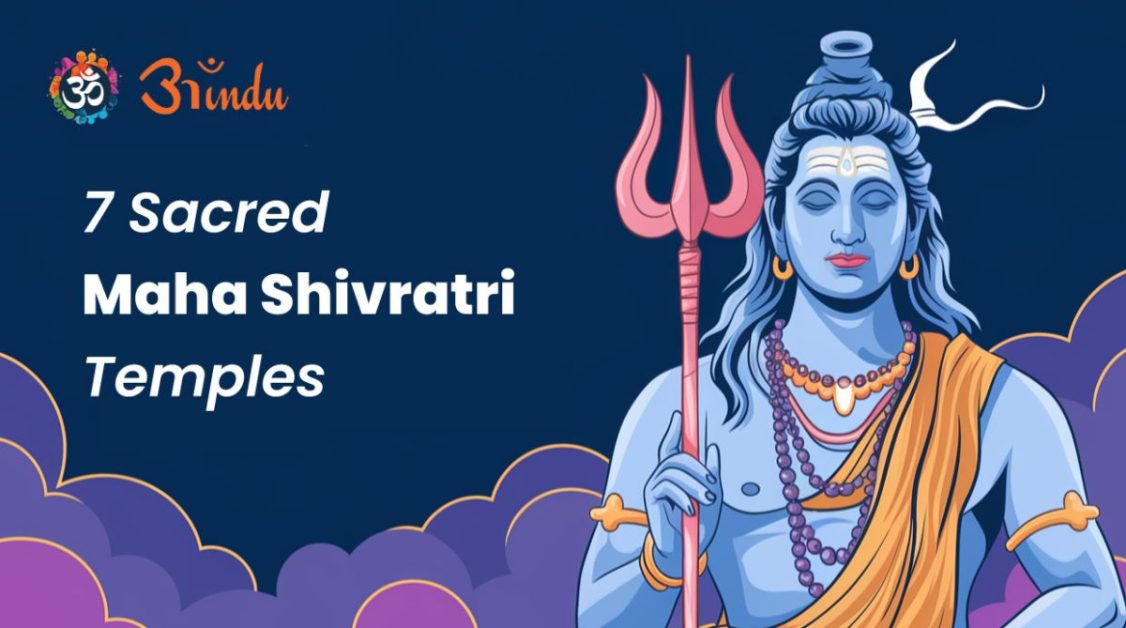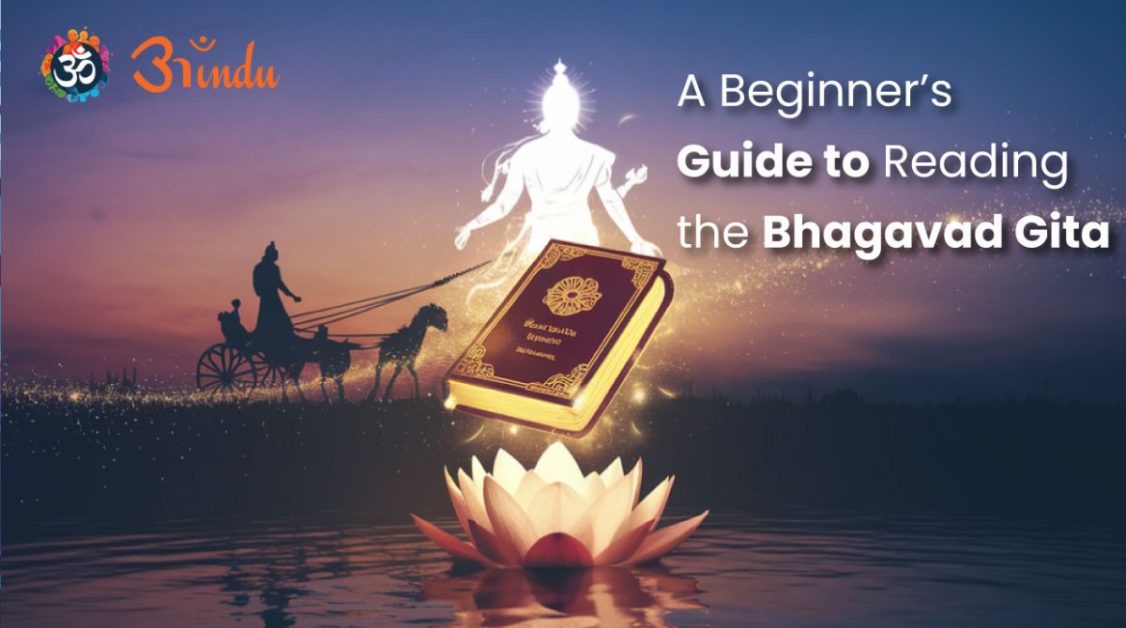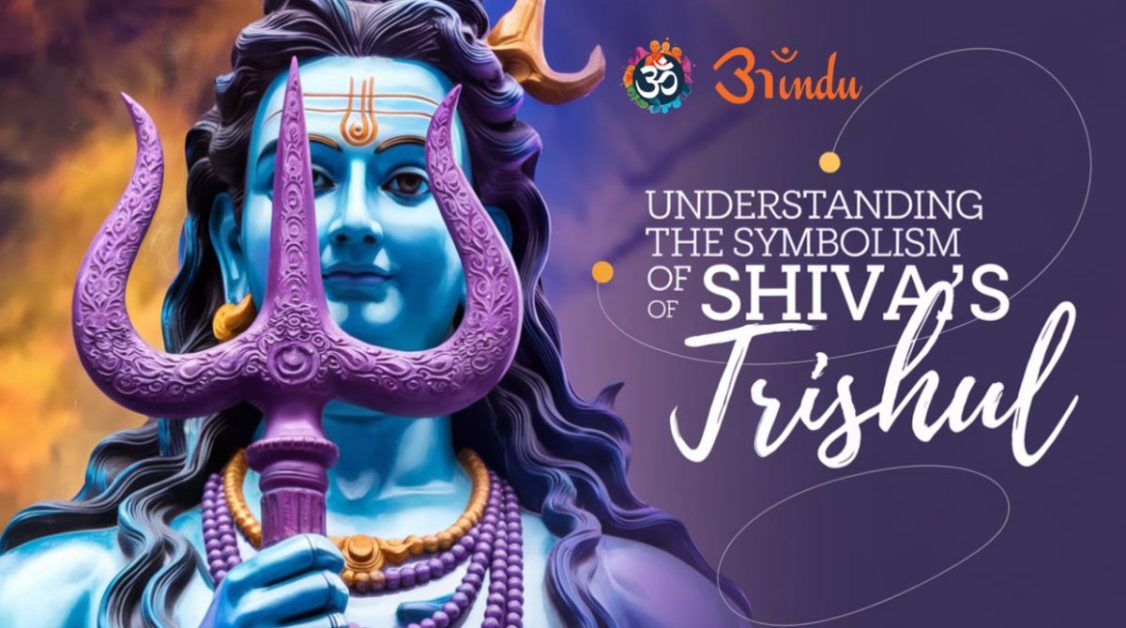
Imagine navigating a vast, uncharted ocean without a compass or a map. That’s what life can feel like without a Guru, especially within the rich and complex landscape of Hindu tradition. The Guru, a spiritual teacher and guide, holds a position of immense significance, acting as a beacon of light, illuminating the path towards self-realization and spiritual liberation. This blog explores the profound importance of the Guru in Hindu tradition, delving into their role, qualifications, and the profound impact they have on a seeker’s journey.
Explore Blog Content
ToggleWho is a Guru?
The word “Guru” is derived from the Sanskrit roots “gu,” meaning darkness, and “ru,” meaning remover. Thus, a Guru is one who dispels the darkness of ignorance and leads the disciple towards enlightenment. They are not merely teachers imparting information, but rather transformative figures who ignite the spark of spiritual awakening within the student. A true Guru is a realized soul, one who has themselves traversed the path of spiritual seeking and attained a deep understanding of the divine. They possess the wisdom, experience, and compassion to guide others on their own unique journeys.
The Guru-Shishya Parampara: A Sacred Lineage
The Guru-Shishya Parampara, the tradition of passing down knowledge and wisdom from Guru to disciple, is a cornerstone of Hindu spiritual practice. This lineage ensures the continuity of authentic teachings and the preservation of spiritual traditions. It’s a sacred bond, a relationship built on trust, devotion, and mutual respect. The Guru-Shishya Parampara emphasizes the importance of receiving guidance from a qualified teacher, one who is part of an unbroken chain of enlightened masters.
"The Guru is Brahma, Vishnu, and Maheshwara; the Guru is verily the Supreme Brahman. I salute that Guru."
The Guru’s Role: More Than a Teacher
The Guru’s role extends far beyond that of a traditional teacher. They are:
- A Spiritual Guide: The Guru acts as a compass, pointing the seeker in the right direction on their spiritual journey. They help the disciple navigate the complexities of spiritual practice and avoid potential pitfalls.
- A Mentor and Confidante: The Guru provides personalized guidance, addressing the disciple’s specific needs and challenges. They offer support, encouragement, and a safe space for the disciple to share their doubts and fears.
- A Catalyst for Transformation: The Guru’s presence and teachings can catalyze a profound transformation within the disciple, leading to self-discovery, spiritual growth, and ultimately, liberation.
- An Illuminator of Knowledge: The Guru imparts not just intellectual understanding, but also experiential knowledge of the divine. They help the disciple realize the truths of the scriptures and experience them firsthand.
- A Link to the Divine: The Guru serves as a bridge between the disciple and the divine. They help the disciple connect with the spiritual realm and experience the bliss of communion with the divine.
Qualifications of a True Guru
Identifying a genuine Guru is crucial. While the reverence for the Guru is paramount, it’s essential to discern between a true spiritual guide and someone merely claiming the title. A true Guru generally possesses the following qualities:
- Realized Soul: A true Guru has attained self-realization and has direct experience of the divine. Their wisdom is not just theoretical but experiential.
- Master of Scriptures: They have a deep understanding of the scriptures and can interpret them accurately.
- Compassionate and Loving: A true Guru is filled with compassion and love for their disciples. They are genuinely concerned about their well-being and spiritual progress.
- Free from Ego: They are humble and free from ego. They do not seek personal gain or recognition.
- Established in Dharma: They live a life of integrity and adhere to the principles of dharma (righteousness).
The Disciple’s Role: Cultivating Receptivity
The disciple also plays a crucial role in the Guru-Shishya relationship. Qualities like sincerity, humility, devotion, and a genuine desire for spiritual growth are essential for receiving the Guru’s grace and teachings. A disciple must be willing to surrender their ego and trust the Guru’s guidance. This doesn’t mean blind faith, but rather an open-mindedness and a willingness to learn.
"Guru and God are like two sides of the same coin. One leads you to the other."Indian Proverb
The Guru in Different Hindu Traditions
The concept of the Guru is central to various Hindu traditions, including:
- Vedanta: In Vedanta, the Guru guides the disciple in understanding the nature of reality and the oneness of the Atman (self) and Brahman (the ultimate reality).
- Yoga: In Yoga, the Guru provides instruction in various yogic practices, helping the disciple to purify their body and mind and attain spiritual awakening.
- Tantra: In Tantra, the Guru guides the disciple in the practice of tantric rituals and techniques, leading them towards liberation.
- Bhakti: In Bhakti traditions, the Guru is seen as a manifestation of God and is the object of intense devotion.
The Importance of Guru in Modern Times
Even in our modern, technologically advanced world, the role of the Guru remains as relevant as ever. While we have access to vast amounts of information, true wisdom and spiritual guidance can only be received from a realized Guru. In a world filled with distractions and uncertainties, the Guru provides stability, clarity, and a path towards inner peace and fulfillment. They help us navigate the complexities of life and discover our true purpose. The Guru’s guidance is invaluable in the spiritual journey.
Finding a Guru
Finding a Guru is a matter of both seeking and grace. It’s important to be sincere in your search and to pray for guidance. When you meet a potential Guru, observe their qualities, listen to their teachings, and see if they resonate with you. Trust your intuition and seek the counsel of respected spiritual elders. The Guru-disciple relationship is a sacred bond.
FAQs
- What is the meaning of the word “Guru”?
“Guru” comes from Sanskrit roots: “gu” (darkness) and “ru” (remover). A Guru removes the darkness of ignorance. - Why is a Guru important in Hinduism?
A Guru is a spiritual guide, mentor, and catalyst for transformation, leading disciples towards self-realization. - How do I find a genuine Guru?
Seek with sincerity, observe qualities like wisdom, compassion, and humility, and trust your intuition. - What is the Guru-Shishya Parampara?
It’s the tradition of passing knowledge from Guru to disciple, ensuring continuity of authentic teachings. - What qualities should a disciple possess?
Sincerity, humility, devotion, and a genuine desire for spiritual growth are essential. - Is the concept of Guru unique to Hinduism?
While prominent in Hinduism, similar teacher-student relationships exist in other spiritual traditions. - How can a Guru help in modern life?
A Guru provides guidance, clarity, and inner peace amidst modern complexities and uncertainties. - What is the difference between a teacher and a Guru?
A teacher imparts information; a Guru facilitates spiritual awakening and transformation.






